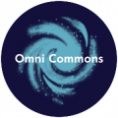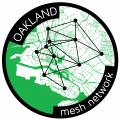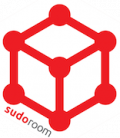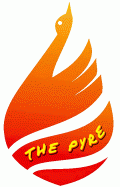Orality and visuality converge and merge into the online medium, reaching simultaneously for both the hearth and the cosmos. This hearth is the realm of the domestic, where we feed our desire for the security of our intimate relationships and the capacity to be our “true self.” At the same time, there is the desire for belonging to the cosmos, the sprawling landscape wherein we accumulate status and perform our identities, which are the products of the various cultural and institutional systems within which we are embedded.
What makes the online medium unique, then, is its capacity to bridge the gap between the realm of the hearth and the realm of the cosmos, reversing what has been called “the disintegation of the public sphere.” However, the transparency and permeability of the online medium renders the private sphere susceptible to public visibility. With the popularization of online communication came an inevitable “moral panic,” inciting both a discourse of fear regarding the transgressive nature of virtual intimacy as well as corporate interest in exploiting the Web for its economic potential. Nevertheless, for the most part the intangible dangers of being held accountable to largely invisible audiences are considered secondary to the convenience of instantaneous access to this public “global village” from the comfort of the home
This post inspired by Paul Levinson’s Digital McLuhan and Cosmos and Hearth (Tuam).





 . As a result, we are given more agency in assessing the quality of information – leading to a new form of reading that involves scanning, filtering, aggregating and organizing. I would argue that this is not a “dumbing down” at all, but rather a qualitative shift in the way we learn through media. The question then becomes, who is in fact “dumber”- the person who reads the newspaper that lands on her doorstep and accepts it as the truth, or the person who reads bits and pieces from many news sources (including blogs) and is able to piece together a more complex perspective?
. As a result, we are given more agency in assessing the quality of information – leading to a new form of reading that involves scanning, filtering, aggregating and organizing. I would argue that this is not a “dumbing down” at all, but rather a qualitative shift in the way we learn through media. The question then becomes, who is in fact “dumber”- the person who reads the newspaper that lands on her doorstep and accepts it as the truth, or the person who reads bits and pieces from many news sources (including blogs) and is able to piece together a more complex perspective?